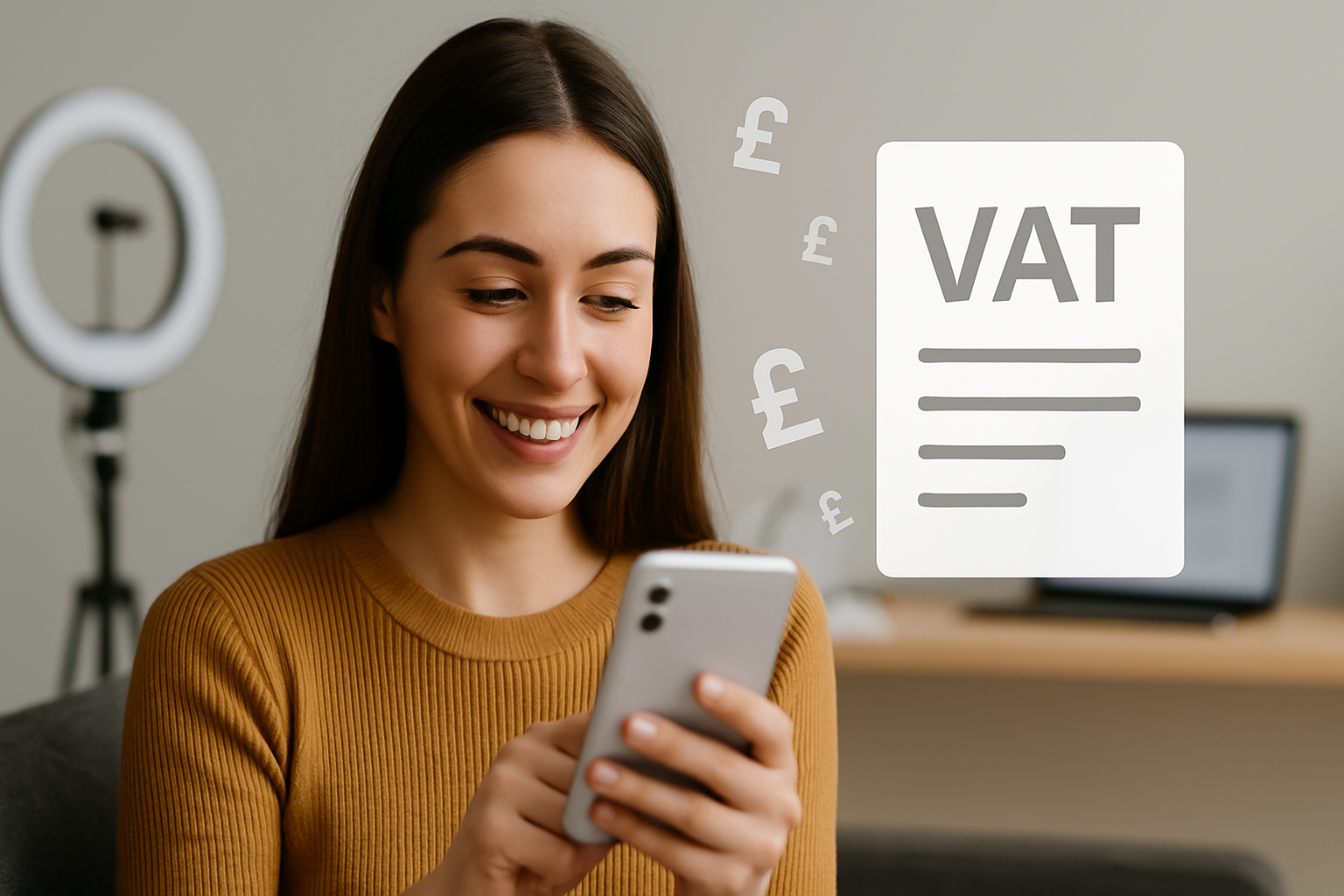How to Get Brand Deals: The Ultimate Guide for UK Content Creators and Influencers
Brand partnerships have revolutionized how content creators build their careers. From Instagram posts to YouTube integrations, TikTok campaigns to podcast sponsorships, these collaborations offer creators the chance to turn their passion into a sustainable business. But success with brand deals isn’t just about having followers – it’s about approaching partnerships professionally and strategically.
At Capshine Ltd, we work with creators at every stage of their journey, and we’ve seen what separates those who build lasting partnerships from those who struggle to secure quality deals. Today, we’re sharing the complete guide to mastering brand collaborations.
Understanding Brand Deals and Influencer Partnerships
Brand partnerships are fundamentally about mutual value creation. Companies want to reach your engaged audience with authentic messaging, while you want fair compensation for your influence and creative skills. The most successful influencer marketing collaborations happen when both sides understand this exchange clearly.
Modern sponsored content comes in many forms. You might create Instagram Stories, produce YouTube sponsored videos, host TikTok brand campaigns, record podcast sponsorships, or develop long-form branded content across multiple platforms. Each format requires different skills and offers different value to brands, which affects how you should approach and price these brand partnership opportunities.
The key is understanding that you’re not just posting content – you’re providing influencer marketing services that help brands connect with customers they might never reach otherwise. This perspective shift changes how you present yourself and negotiate brand collaborations.
How to Get Brand Deals: Building Your Influencer Foundation
Before reaching out to any brands, you need a solid professional foundation for your influencer business. This starts with understanding your own value proposition clearly. What makes your audience unique? What topics do you cover better than anyone else? How do your followers engage with sponsored posts compared to organic content?
Create a comprehensive influencer media kit that showcases your strengths professionally. Include your best branded content examples, audience demographics, engagement statistics, and case studies of successful previous brand partnerships. Tools like Canva make this process straightforward, but the key is presenting information that brands actually want to see when considering influencer collaborations.
Your media kit should tell a story about why partnering with you makes business sense for brand deals. Don’t just list follower counts – explain who your audience is, what they care about, and how they typically respond to product recommendations. UK brands invest in content creators who understand their audience deeply and can deliver authentic sponsored content.
How to Approach Brands for Partnerships: Influencer Outreach That Works
Successful influencer outreach requires research and personalisation. Generic template emails immediately signal that you’re not serious about the brand partnership. Instead, spend time understanding the brand’s recent influencer campaigns, their target audience, and their current marketing challenges.
When crafting your brand deal pitch, lead with what you can offer rather than what you want. Explain how your audience aligns with their customer base, suggest specific sponsored content ideas that would resonate with both groups, and demonstrate that you understand their brand values and messaging approach.
Be transparent about your influencer metrics, but focus on engagement and audience quality over raw follower numbers. A highly engaged UK audience of 10,000 followers often delivers better results for brands than a disengaged audience of 100,000. Smart brands understand this principle of influencer marketing, so lead with your strongest engagement statistics.
Structuring Successful Brand Partnerships and Sponsored Content
Clear communication prevents most influencer partnership problems before they start. When discussing potential brand collaborations, establish exactly what’s expected from both sides. This includes sponsored content deliverables, posting schedules, approval processes, and usage rights for your branded content.
Define the scope of work precisely for each brand deal. Will you create one Instagram sponsored post or a series of Stories? Does the brand expect specific talking points or complete creative freedom? How many revisions are included if they want changes to your sponsored content? These details matter enormously for successful influencer campaigns.
Timeline management becomes crucial as you work with more brands simultaneously. Build buffer time into your content creation schedules, communicate any potential delays early, and always deliver what you promised when you promised it. Reliability builds your reputation as a professional influencer faster than anything else in the creator economy.
Professional Communication Throughout
Maintain professional communication standards throughout every partnership. Respond to emails promptly, ask clarifying questions when needed, and keep brands updated on your progress. This attention to detail separates professional creators from hobbyists.
Document important agreements in writing, even for smaller partnerships. This protects both parties and prevents misunderstandings later. Email confirmations of key details work fine for most collaborations, but larger partnerships benefit from formal agreements.
Don’t be afraid to ask questions or push back on unreasonable requests. Professional brands respect creators who understand their worth and communicate boundaries clearly. This actually builds stronger partnerships than always saying yes.
Creating Content That Delivers Results
The most successful brand partnerships produce content that feels authentic to your usual style while highlighting the brand’s key messages effectively. This balance requires understanding both your audience’s preferences and the brand’s objectives.
Focus on storytelling that integrates the brand naturally rather than creating obvious advertisements. Your followers trust your recommendations because they value your opinion, so maintain that authenticity while fulfilling your partnership obligations.
Monitor how your branded content performs compared to organic posts. This data becomes valuable for future negotiations and helps you refine your approach to brand integrations. Brands appreciate creators who can demonstrate real engagement and results.
Scaling Your Partnership Strategy
As your creator business grows, you’ll likely manage multiple brand partnerships simultaneously. This requires systems and organization to maintain quality while handling increased volume. Successful creators develop processes for tracking partnerships, managing deadlines, and maintaining content quality.
Create a content calendar that maps out all your commitments, leaving space for organic content and personal projects. Balance is crucial – too many partnerships can overwhelm your audience and dilute your authentic voice.
Consider developing template processes for common partnership tasks like content approval, posting schedules, and performance reporting. Efficiency systems let you focus creative energy where it matters most while handling administrative tasks smoothly.
For detailed strategies on juggling multiple brand collaborations effectively, check out our comprehensive guide on managing multiple brand deals, where we cover advanced organizational techniques and scaling strategies for successful influencer businesses.
Building Long-Term Brand Relationships and Repeat Partnerships
One-off brand deals can be profitable, but long-term influencer partnerships provide stability and often better compensation over time. Focus on exceeding expectations in every brand collaboration, as this often leads to ongoing partnerships or referrals to other brands looking for reliable content creators.
Maintain relationships with brand contacts even between active sponsored content campaigns. Share relevant achievements, audience insights, or content ideas that might interest them for future influencer marketing initiatives. These ongoing relationships often result in priority consideration for new brand partnership opportunities.
Consider proposing continuation strategies during successful campaigns. If a sponsored post or influencer campaign performs well, suggest ways to build on that success with follow-up content or expanded collaboration. Brands prefer working with influencers they know and trust for repeat partnerships.
Measuring and Improving Your Approach
Track the performance of different partnership types and brands to understand what works best for your audience and business. This data helps you make strategic decisions about which opportunities to pursue and how to price your services.
Collect feedback from brand partners about what they valued most in your collaboration. This insight helps you refine your approach and identify your strongest selling points for future pitches.
Stay updated on industry trends and best practices by following other successful creators and industry publications. The creator economy evolves rapidly, and staying current helps you adapt your strategy effectively.
Frequently Asked Questions About Brand Deals for UK Influencers
How do I get my first brand deal as a new influencer? Start by creating high-quality content consistently, engage authentically with your audience, and research brands that align with your niche. Reach out with a professional media kit and specific collaboration ideas rather than generic requests.
What should I include in my brand deal pitch email? Include a brief introduction, your audience demographics, engagement rates, examples of previous sponsored content (if any), specific ideas for their brand, and your professional media kit. Keep it concise but informative.
How long does it typically take to hear back from brands? Response times vary greatly, from a few days to several weeks. Many brands receive hundreds of influencer pitches, so follow up politely after 1-2 weeks if you haven’t heard back.
Can small UK influencers get brand deals? Absolutely! Many brands prefer working with micro-influencers (1K-100K followers) because they often have higher engagement rates and more authentic connections with their audiences.
What’s the difference between gifted collaborations and paid brand deals? Gifted collaborations involve receiving free products in exchange for content, while paid brand deals include monetary compensation. Both require disclosure under UK advertising standards.
The most successful content creators treat brand partnerships as a core business skill worth developing over time. With the right approach to influencer marketing, these collaborations can provide sustainable income while creating sponsored content you’re genuinely proud of. At Capshine Ltd, we help UK content creators and influencers build professional, profitable businesses while handling the complexities of taxes, finances, and business structure. If you’re ready to take your influencer career to the next level with professional brand partnerships, we’re here to support your journey every step of the way. Contact Capshine today (by clicking here) for a friendly, no-obligation chat.





